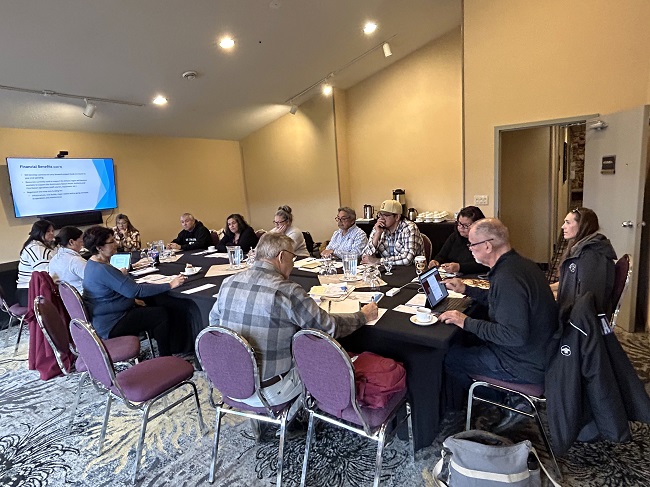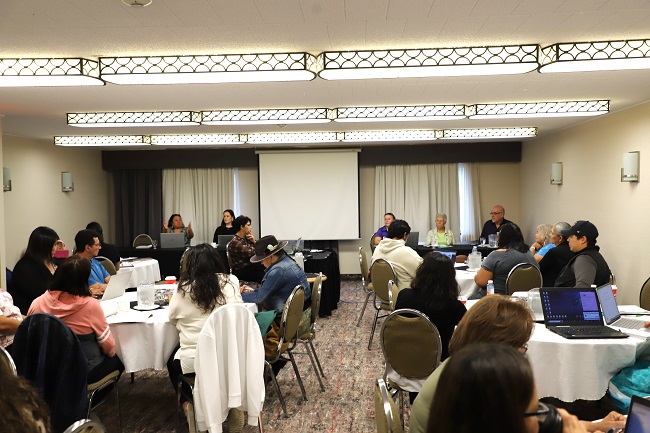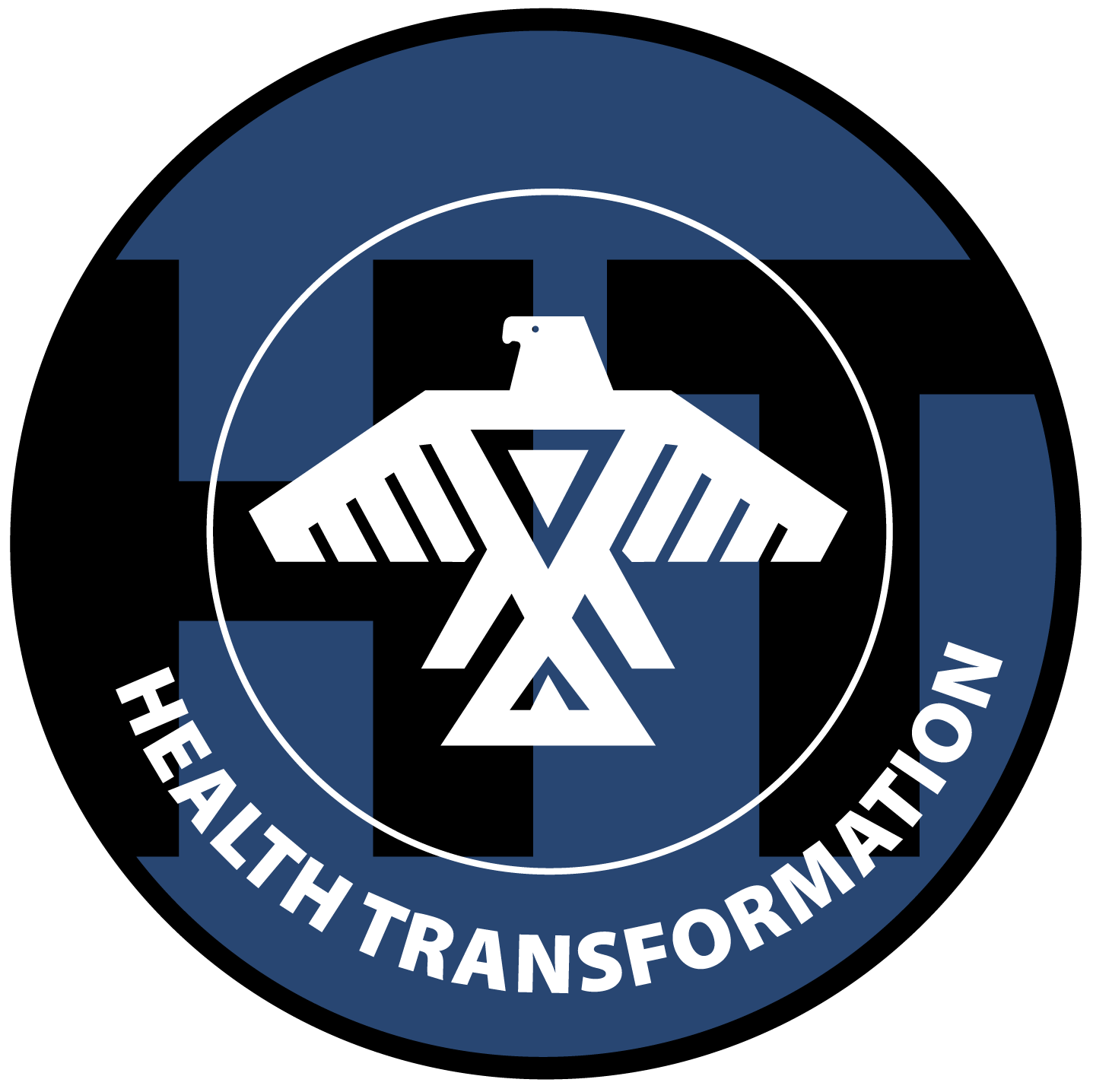By Jesse Johnson
NORTH BAY – The Anishinabek Nation’s Health Transformation Team has been busy this fall. The Team has held multiple engagement sessions; organized a Working Group meeting in North Bay and a regional session in Thunder Bay for the Northern Superior First Nations; and, took its Business Case to Ottawa for further review by Indigenous Services Canada (ISC).
The Health Transformation Team held its first Regional Engagement Session on Nov. 2 in Thunder Bay with Chief and Council members and Elders from the Northern Superior First Nations, the Team was able to raise awareness of Health Transformation while listening to the concerns and challenges communities are currently dealing with.

representatives from the Northern Superior Region
First Nations on Nov. 2 in Thunder Bay, Ont.
“The Regional session was very informative for our team as it provided us with more time to engage with those who were in attendance. We listened to them as they shared stories about the issues they are currently facing and it was exciting to hear some of the ideas they had to better align programs and services to better suit their needs. There is an opportunity for change and Health Transformation is a step in the right direction to make it happen,” says Loretta Nootchtai, Health Transformation Project Manager.
The Health Transformation Team has plans to return to Thunder Bay early next year to share updated information and continue engagement efforts within the region.
The Health Transformation Team held their quarterly Working Group meeting on Oct. 4 and 5 in North Bay, Ont.
Prior to the regional meeting, the Team organized a Working Group meeting in North Bay. Participants had the opportunity to listen to a panel discussion with legal counsellors from the Anishinabek Nation. Three Working Group members shared updates and information on their community’s programs and services.
On the panel was Fred Bellefeuille, Legal Director for the Anishinabek Nation; Tracey O’Donnell, Legal Counsel for Kinoomaadziwin Education Body; Katrina Langevin, Negotiations Research Coordinator and Ronnie George, Prevention Services Coordinator for Koganaawsawin; and, Fran Couchie, former Director of Education for Nipissing First Nation.

“We had some incredible professionals on our panel. Those four bring tons of knowledge and experience and our Working Group was fortunate to hear from them,” says Lisa Restoule-Brazier, Health Transformation Engagement and Working Group Coordinator.
In September, team members travelled to B.C. to listen and learn from B.C.’s First Nation Health Authority (BCFNHA), allowing them to see how the BCFNHA works as a final product and gain a better understanding of the more detailed processes they underwent through development.
“We learned an incredible amount of information from the BCFNHA. It’s important to see how things could look for the Anishinabek Nation – if that’s what our people want. We still have a lot of work to do, but we’re moving forward in a positive way,” says Nootchtai.
The Team learned about many topics including, health benefits; primary care and virtual services; regional structure; governance structure; cultural safety and humility; mental health and wellness; and healing and trauma.
In late September, some members of the Health Transformation Team travelled to Ottawa to present the Business Case to ISC. If approved, the Business Case will give the Health Transformation Team more funding so that they can organize more engagements with the Chief and Councils and community members.
In response to the Fall 2023 Anishinabek Nation Grand Council resolution #2023-05, the Health Transformation Team submitted a Business Case to FNIHB of ISC to secure funding for the next level of engagement and explored the feasibility of an Anishinabek Nation Health Authority.
“The Business Case was well-received, and we are hopeful that the federal budget will include continued funding for Anishinabek Nation Health Transformation,” says Health Transformation’s Fiscal Analyst, John Scherebnyj.
The Working Group’s next meeting will take place on January 24 and 25 at the Casino Rama Resort in Chippewas of Rama First Nation.
For more information about Health Transformation, please visit health-transformation.ca.
